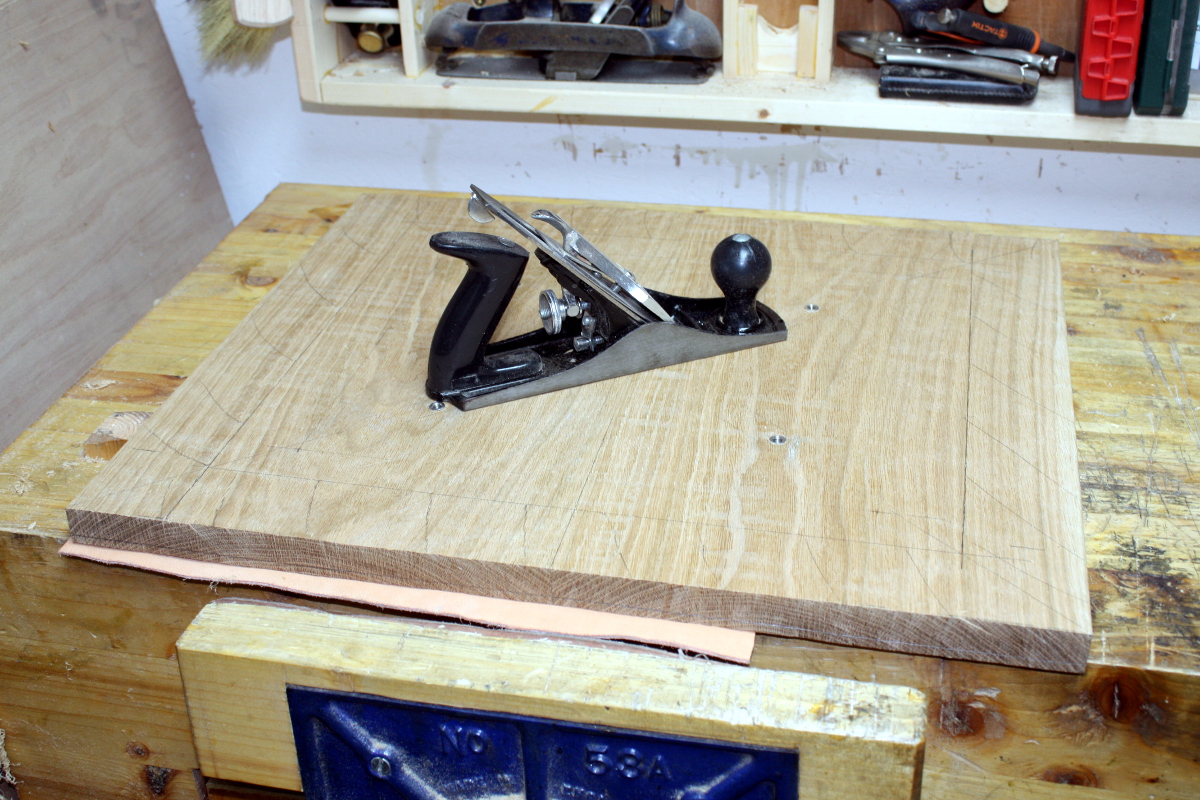Whilst pondering things in general as I polished a bit of wood today in the chill, I just wondered whether my 2000W dust extractor generated as much heat as
my 2000W fan heater.The thermometer certainly started rising a bit quicker when I started.
my 2000W fan heater.The thermometer certainly started rising a bit quicker when I started.


































